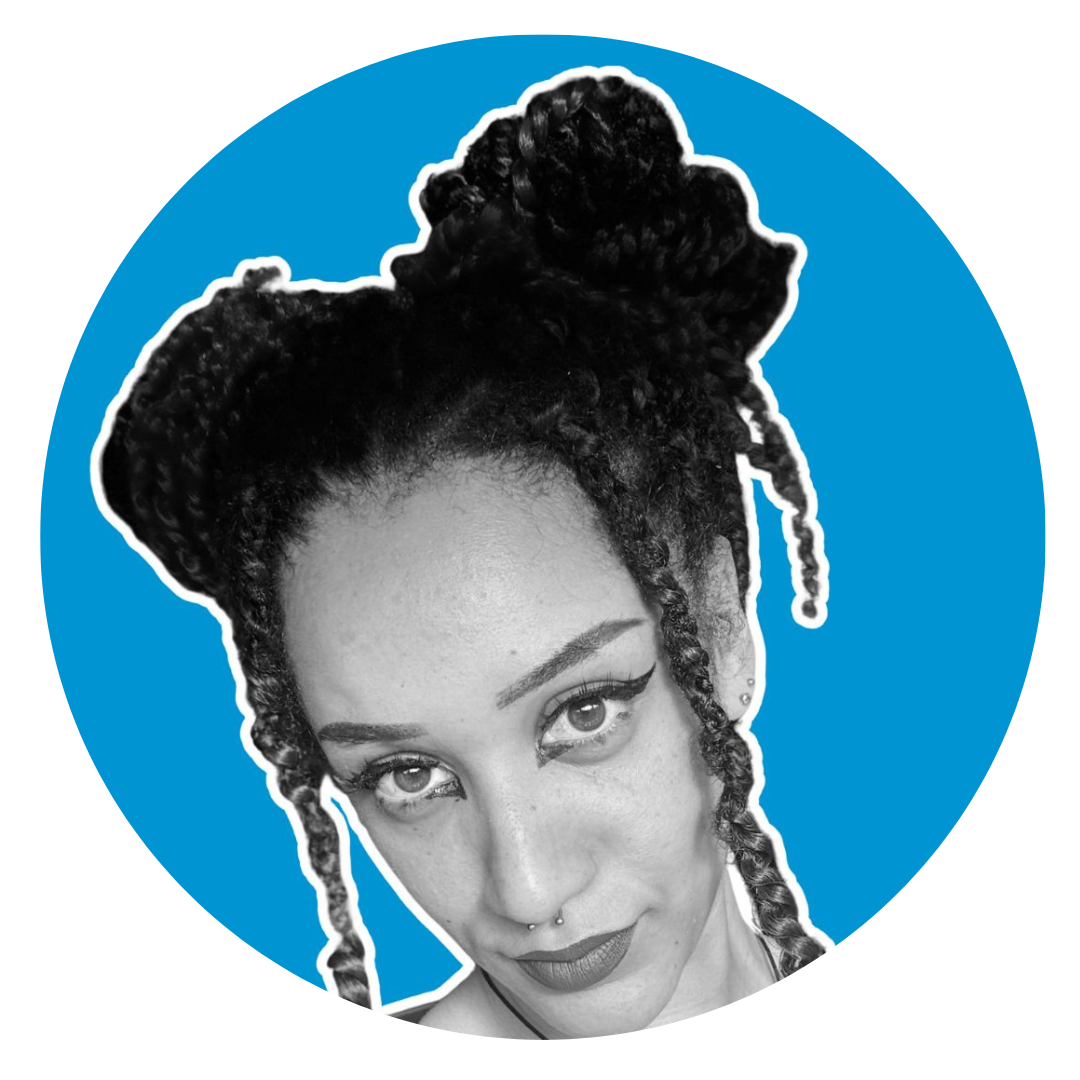
By
Alicia Edwards
March 19, 2024
Updated
September 12, 2024
 What are soft skills?
What are soft skills?
Soft skills are an integral part of our professional toolkit. Often overshadowed by hard skills, which relate to specific technical knowledge and abilities, soft skills encompass the personal attributes that enable individuals to interact effectively and harmoniously with others. They include a range of competencies such as communication, problem-solving, and time management. Unlike hard skills, which are learned through formal education and training, soft skills are more fluid and can be improved through personal development and social interactions.
What are some examples of soft skills?
Examples of soft skills include communication, teamwork, adaptability, problem-solving, creativity, work ethic, interpersonal skills, time management, leadership, and emotional intelligence. These skills help individuals navigate their work environment, collaborate with others, perform well under pressure, and achieve their goals.
Why are soft skills crucial for career success?
These skills enhance technical expertise and are vital in navigating workplace dynamics. They aid in conflict resolution and build professional relationships.
What are the primary soft skills that employers seek in candidates?
Employers often look for teamwork, problem-solving, leadership, and the ability to work under pressure, alongside good communication skills.
How can soft skills be developed and improved upon?
One can develop soft skills through practice in real-world situations, training workshops, and reflective exercises on personal interactions and feedback.
Soft skills versus hard skills
Soft skills are personal attributes that enhance an individual's interactions, job performance, and career prospects. They contrast with hard skills, which are technical, teachable abilities or skill sets. Hard skills are easily quantifiable, unlike soft skills.
Soft skills:
- Interpersonal skills
- Communication
- Adaptability
- Problem-solving
Hard skills:
- Literacy in specific software
- Foreign language proficiency
- Machine operation
- Coding expertise
How should I highlight my soft skills during a job application?
Highlight your soft skills in your resume, cover letter, and during interviews. In your resume, include specific examples of how you've demonstrated these skills in previous roles or projects. In your cover letter, share anecdotes that showcase your soft skills in action. During interviews, be prepared to discuss situations where your soft skills made a difference in the outcome of a project or challenge.
Do soft skills differ across cultures?
Yes, the perception and importance of certain soft skills can vary across cultures. For instance, communication styles, attitudes towards teamwork, and problem-solving approaches can differ significantly from one culture to another. Being culturally aware and adaptable is itself a critical soft skill, especially in global or multicultural work environments.
